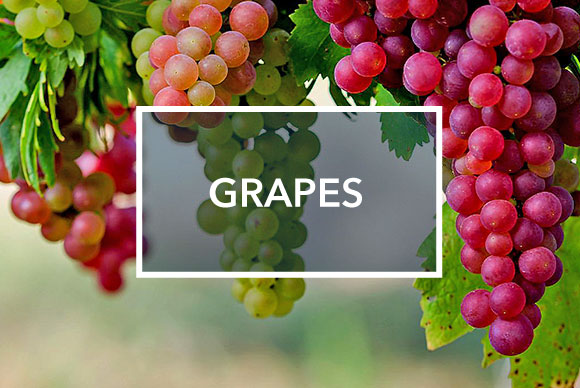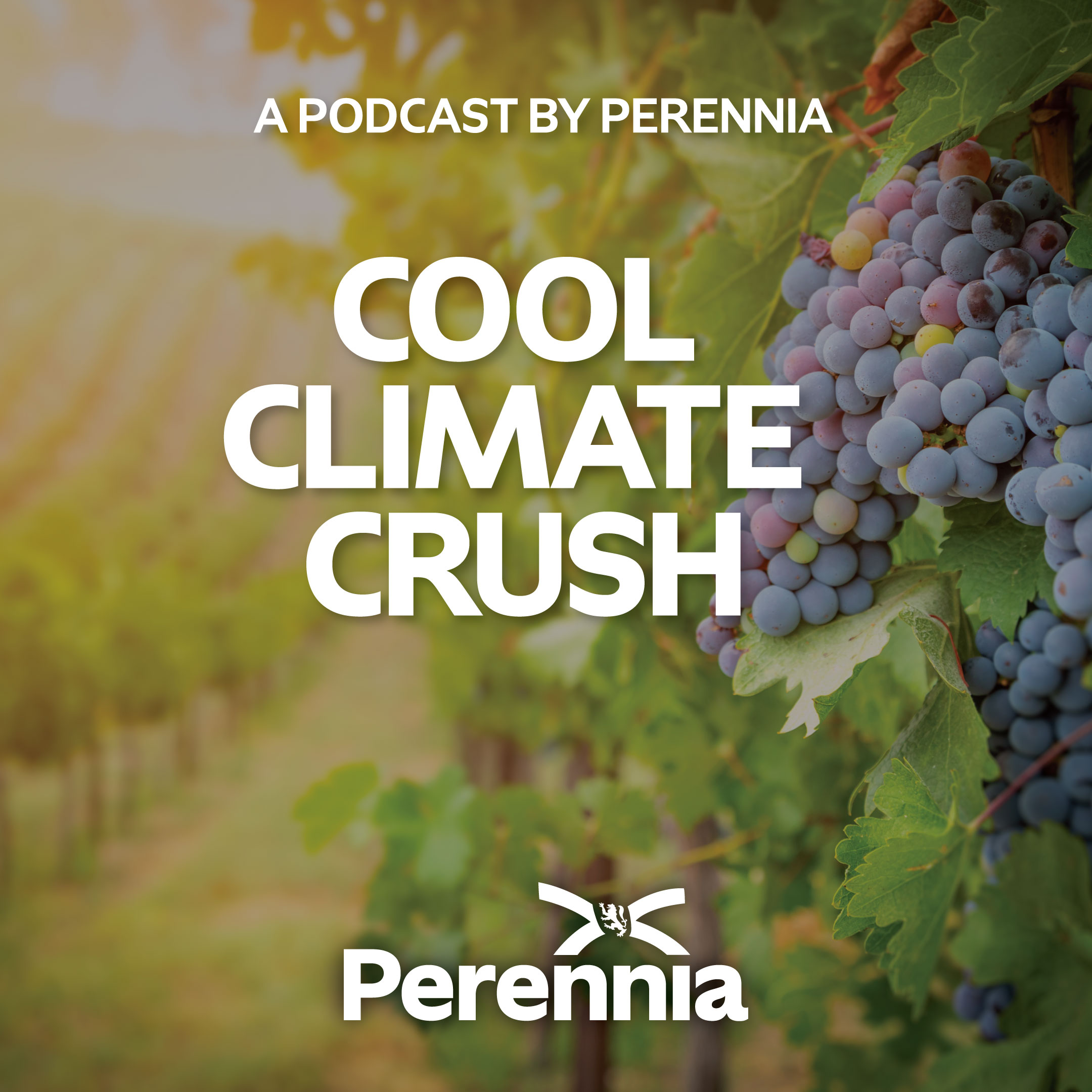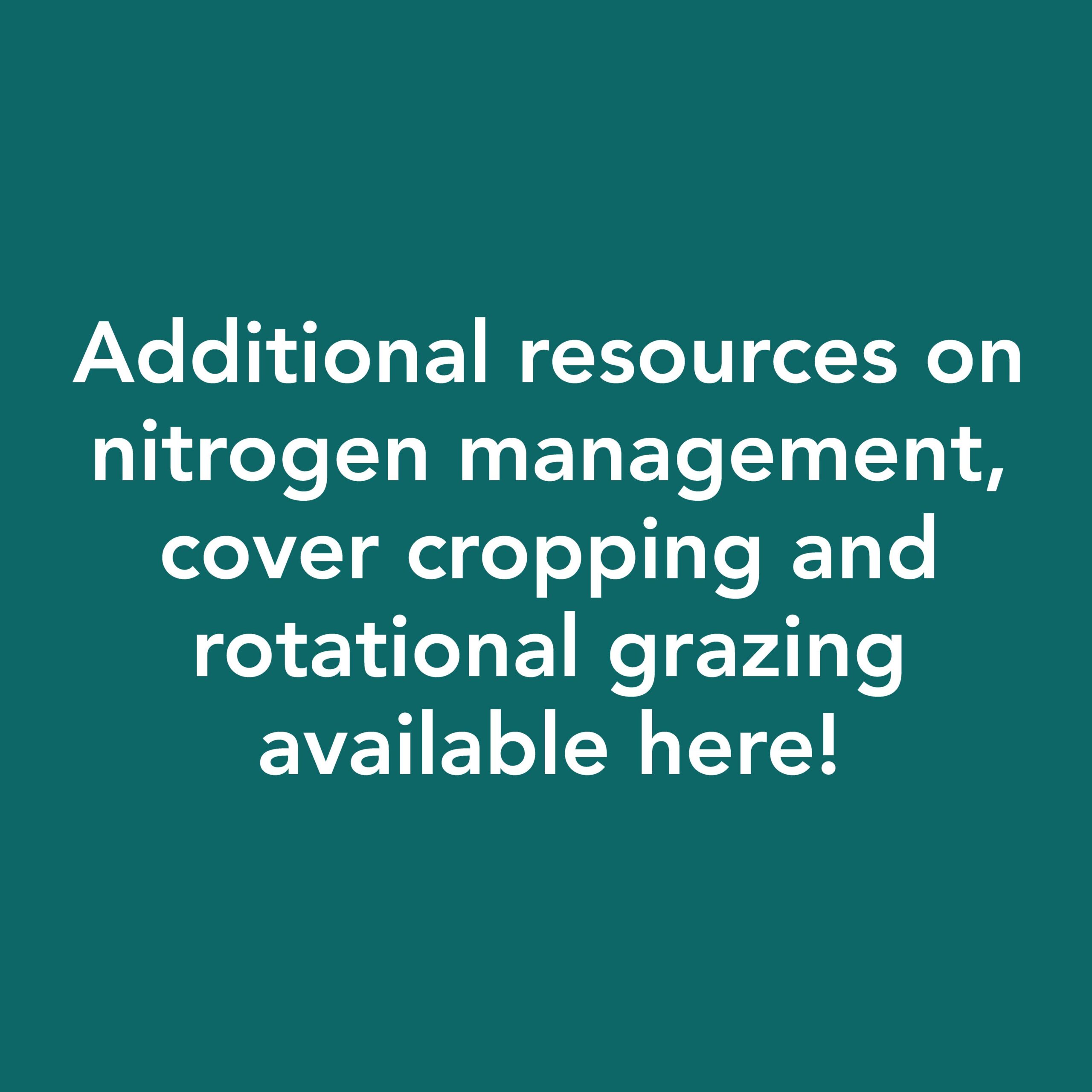GRAPES
Grape growing for wine production has been in Nova Scotia for centuries in some form, but in the last 20 years there has been a major expansion in the acreage. As a new area for wine production there is potential to create unique products, as well as some challenges to manage the crop. With more than 15 wineries around the province, the goal is to make a high quality product and for wine, quality starts in the vineyard. In this section of our website, you will find information on the factors which have to be considered before the establishment of a vineyard, climatic conditions in the province, varieties recommended for Nova Scotia conditions, essentials of pest management and information on production costs.
Disclaimer
Perennia’s Pest Management Guides are general information only. Perennia does not offer any warranty or guarantee, nor does it assume any liability for any crop loss, livestock loss, health, safety or environmental hazard caused by the use of a pesticide mentioned in the publication. For most recent and specific product information, always refer to and follow directions on the product label. Labels can be found at Health Canada’s Pesticide Label Search. The publication lists a number of brand name pesticides. It is neither an endorsement of the product nor a suggestion that similar products are ineffective. Please also note that pesticides registered in the US are not necessarily registered in Canada.














